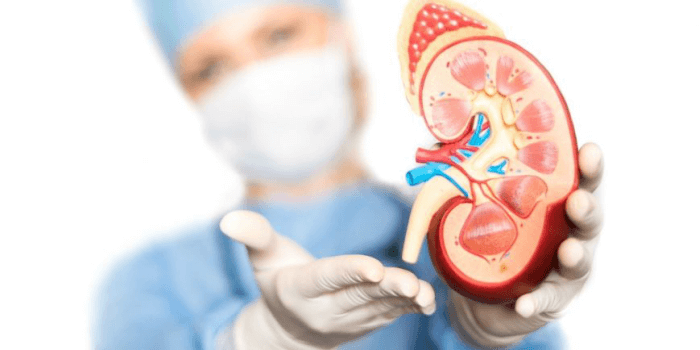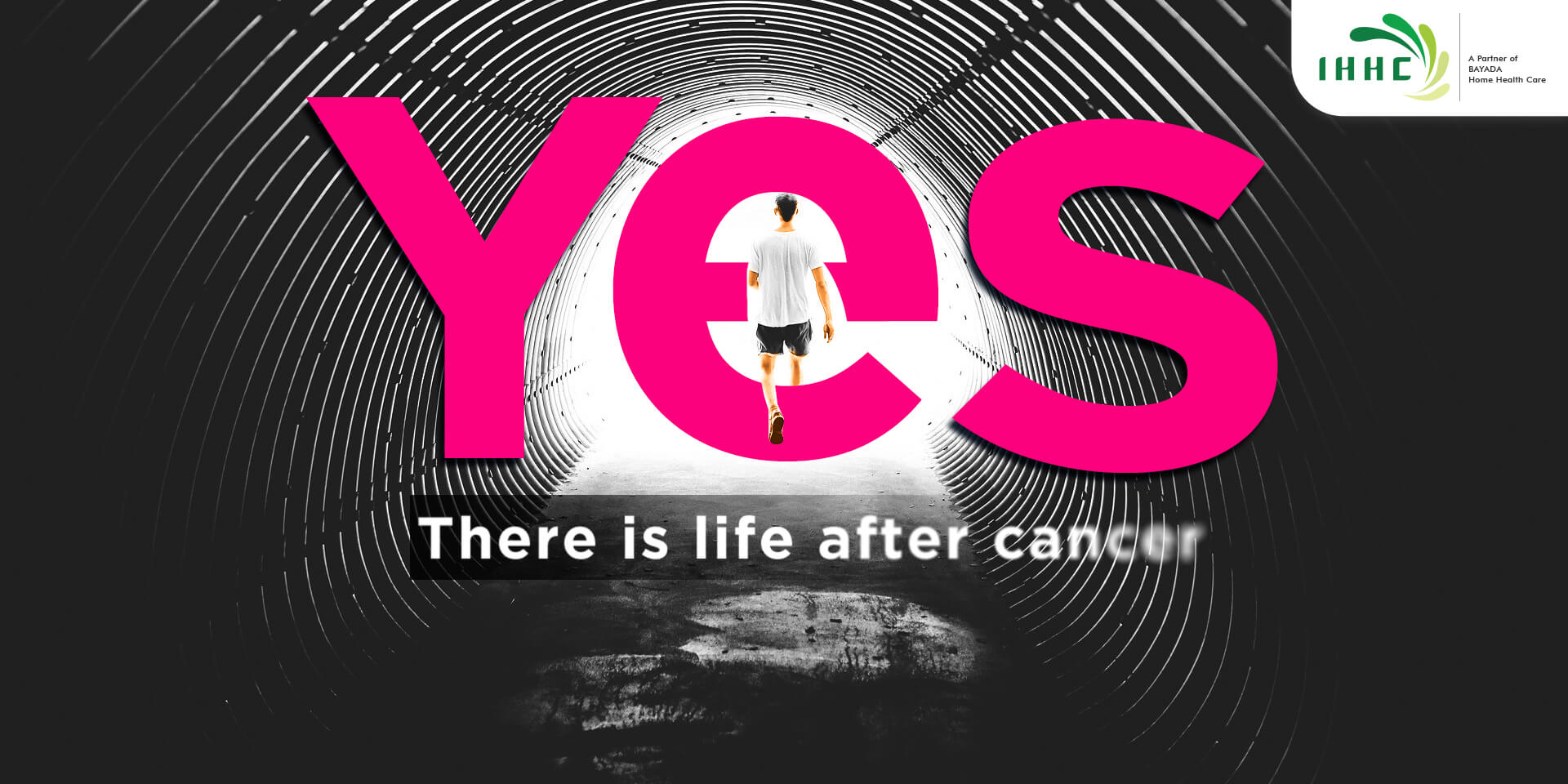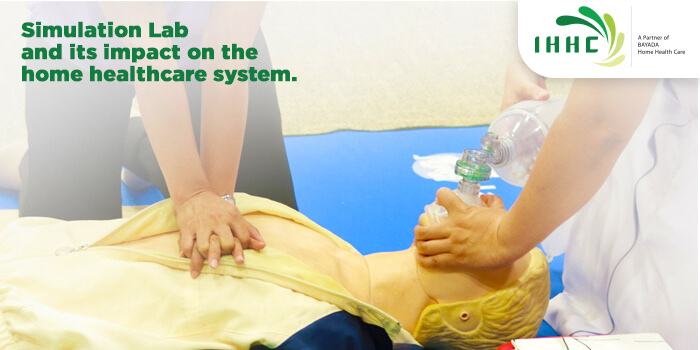According to a press release from the Government of ...
Kidneys: A matter of life and death, supply and demand
BY THIYAGARAJAN VELAYUTHAM, FOUNDER, IHHC | MARCH 16TH, 2018
According to the Ministry of Health, the estimated annual requirement for kidneys in India could range between 1-2 lakh, with just 5,000 transplants taking place in reality. Approximately, 1.6 lakh patients are waiting for organs in the country with just 12,000 donors available. With this huge gap between the demand and supply of kidneys, the government has been trying to encourage deceased donor or cadaver donations, to no avail.
A non-governmental initiative, the Indian Society of Organ Transplantation, notes that as per the Indian Transplant Registry, out of the 21,395 kidneys transplanted in India (between 1971 and 2015), only 783 were from cadaver or deceased donors – mainly due to lack of awareness, ignorance of the processes involved and hesitation by family members. This has given rise to a thriving black market for living donors posing as relatives.
Research has shown that 220,000 Indians needed kidneys last year but the Indian Transplant Registry estimates that only 8,000 people got one. Another obstacle in the way of those who can afford a transplant is the lack of a national system to collect organs from cadavers, such as the more than 100,000 Indians who die each year in car accidents – this means that there are never enough kidneys to satisfy the demand.
No one knows just how many of the approximately 8,000 kidney transplants performed in India last year were illegal, but scams periodically surface. "It's a supply-and-demand problem," said Sunil Shroff, a urologist who runs the transplant registry. "Families are sometimes pushed against the wall when they're not able to find a solution. In desperation, they can do all kinds of stupid things."
Selling body parts to keep body and soul together
According to a report in the Los Angeles Times (dated September 15th 2016), 23-year old Sundar Singh Jatav was duped into selling his kidney, exposing an illegal organ racket in India in the process. Jatav was struggling in a menial job at a video game shop making almost nothing as a daily wage worker in Mumbai. In late 2015, his boss introduced him to a man who promised to solve his financial problems. Jatav listened, appalled: "He suggested I sell my kidney," said Jatav.
What happened over the following months would reveal a high-level kidney trafficking network inside one of the most reputed hospitals in Mumbai. The case that Jatav went on to expose involved L.H. Hiranandani Hospital, a private hospital in Powai, a prosperous suburb of Mumbai. Authorities are investigating at least four suspicious transplants at the hospital, ordering it to temporarily stop the surgeries. At least 14 people, including four doctors and the hospital's chief executive, have been arrested since July.
Dr. Sanjay Nagral, surgeon and publisher of the Indian Journal of Medical Ethics, says that "This is part of our VIP culture…It comes from our larger understanding and our acceptance that if you have money in India, you can buy so many things, so what is so different about buying organs?"
"Obviously, this case is just an indicator of what's going on beneath the surface." Nagral goes on to say. "We don't know the extent of it, but it's very difficult for these kidney sales to be completely stopped."
Kidney health: A matter of life and death?
Yes, the state of your kidneys will not only affect the state of your health but also the state of your bank balance. So, what is kidney disease and how can you prevent it?
Your kidneys filter wastes and excess fluids from your blood, which are then excreted in your urine. Chronic kidney disease, also known as chronic kidney failure, describes the gradual loss of kidney function. Should it reach an advanced stage, dangerous levels of fluid, electrolytes and wastes build up in the body. Chronic kidney disease can progress to end-stage kidney failure - fatal without artificial filtering (dialysis) or a kidney transplant. Treatment for chronic kidney disease concentrates on slowing the progression of the kidney damage, generally by controlling the underlying cause.
What are the causes of kidney disease?
Chronic kidney disease occurs when kidney function is impaired, causing kidney damage that gets worse over time. Diseases and conditions that cause chronic kidney disease include:
Type 1 or Type 2 diabetes
Hypertension or high blood pressure
Glomerulonephritis, an inflammation of the kidney's filtering units
Interstitial nephritis, an inflammation of the kidney's tubules and surrounding structures
Polycystic kidney disease
Prolonged obstruction of the urinary tract, from conditions such as enlarged prostate, kidney stones and some cancers
Vesicoureteral reflux, a condition that causes urine to back up in your kidneys
Pyelonephritis, recurrent kidney infection
Recognise the symptoms
Signs and symptoms of kidney disease are quite often nonspecific, and can also be caused by other illnesses. Because kidneys are very adaptable, able to compensate for lost function, signs and symptoms may not appear until irreversible damage has occurred. Signs and symptoms of kidney disease could include:
Nausea
Vomiting
Loss of appetite
Fatigue and weakness
Sleep problems
Changes in the amount of urination
Muscle twitches and cramps
Swollen feet and ankles
Persistent itching
Chest pain, result of fluid build-up around the lining of the heart
Shortness of breath, should fluid build-up in the lungs
High blood pressure (hypertension) that's difficult to control
Risk factors that can damage the kidneys
Factors that could damage your kidneys often include:
Diabetes
High blood pressure
Cardiovascular disease
Smoking
Obesity
Family history of kidney disease
Abnormal kidney structure
Old age
How to prevent/reduce the risk of developing kidney disease
Follow instructions on over-the-counter medications. When using non-prescription pain relievers, follow the instructions on the package. Taking too many pain relievers could lead to kidney damage
Maintain a healthy weight. Work to maintain a healthy weight by being physically active through the week
Don't smoke. Cigarette smoking can damage your kidneys and make existing kidney damage worse
Manage medical conditions with your doctor's help. If you have diseases or conditions that increase your risk of kidney disease, check with your doctor on how to control them
Prevention is better than a cure. Ask your doctor about tests that indicate signs of kidney damage





